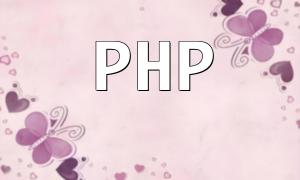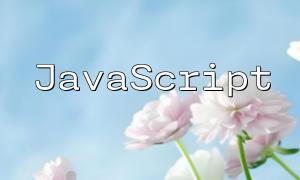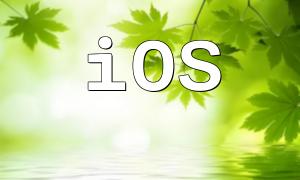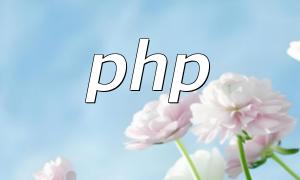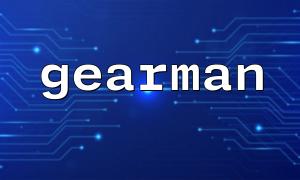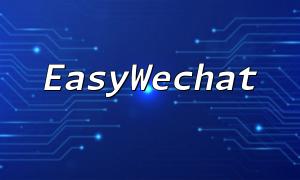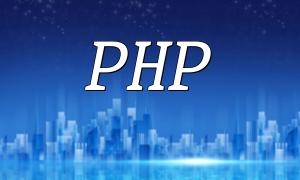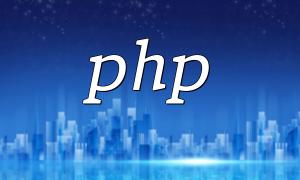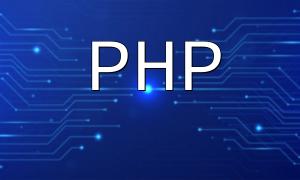With the increasing variety of devices, cross-platform development has become a crucial direction for game development. Developers need to ensure that games perform well and provide a smooth user experience across different operating systems and devices. Thanks to its flexibility and efficiency, the PHP framework is gradually becoming a powerful tool for game backend development, especially excelling in cross-platform support.
Although PHP is not traditionally considered a game development language, popular PHP frameworks like Laravel and Symfony bring convenience to game development with modular structures and rich ecosystem resources. They enable developers to quickly build backend services, accelerating the overall development process.
Modular architecture allows game features to be divided into independent components, facilitating cross-platform reuse and maintenance. PHP frameworks provide well-designed interfaces to ensure efficient and standardized communication between modules. For example, building RESTful APIs with Laravel allows smooth interaction between game clients and servers on different operating systems.
Real-time data synchronization is essential for multiplayer online games. Players’ actions and game states must be rapidly propagated to others. PHP frameworks combined with WebSocket technology enable efficient two-way communication, ensuring a real-time interactive gaming experience.
WebSocket supports full-duplex communication over a single TCP connection, making it well suited for real-time online games. Using Laravel’s broadcasting features, developers can easily push game events to keep all player clients in sync with the latest state.
Storing and managing large amounts of game data is a core aspect. PHP frameworks generally offer strong database support, allowing developers to flexibly build data systems using MySQL, NoSQL, or other databases tailored to game requirements.
Laravel’s built-in Eloquent ORM makes database interactions more intuitive by using objects. Developers can quickly implement complex queries and data operations, boosting development efficiency.
PHP frameworks are supported by active developer communities. The abundance of open-source resources provides strong backing for cross-platform game development. Developers can get help through documentation, forums, and open projects, shortening learning and development cycles.
Using Composer for dependency management, Git for version control, and Docker for building cross-platform development environments lays a stable and efficient technical foundation for game development.
Thanks to modular design, real-time synchronization capabilities, robust data processing, and community support, PHP frameworks provide a solid backend foundation for cross-platform game development. While PHP is not specifically designed for game development, its flexible ecosystem makes it an indispensable tool for modern cross-platform game projects. With continued technological advancement, PHP frameworks will play an even greater role in game development in the future.
